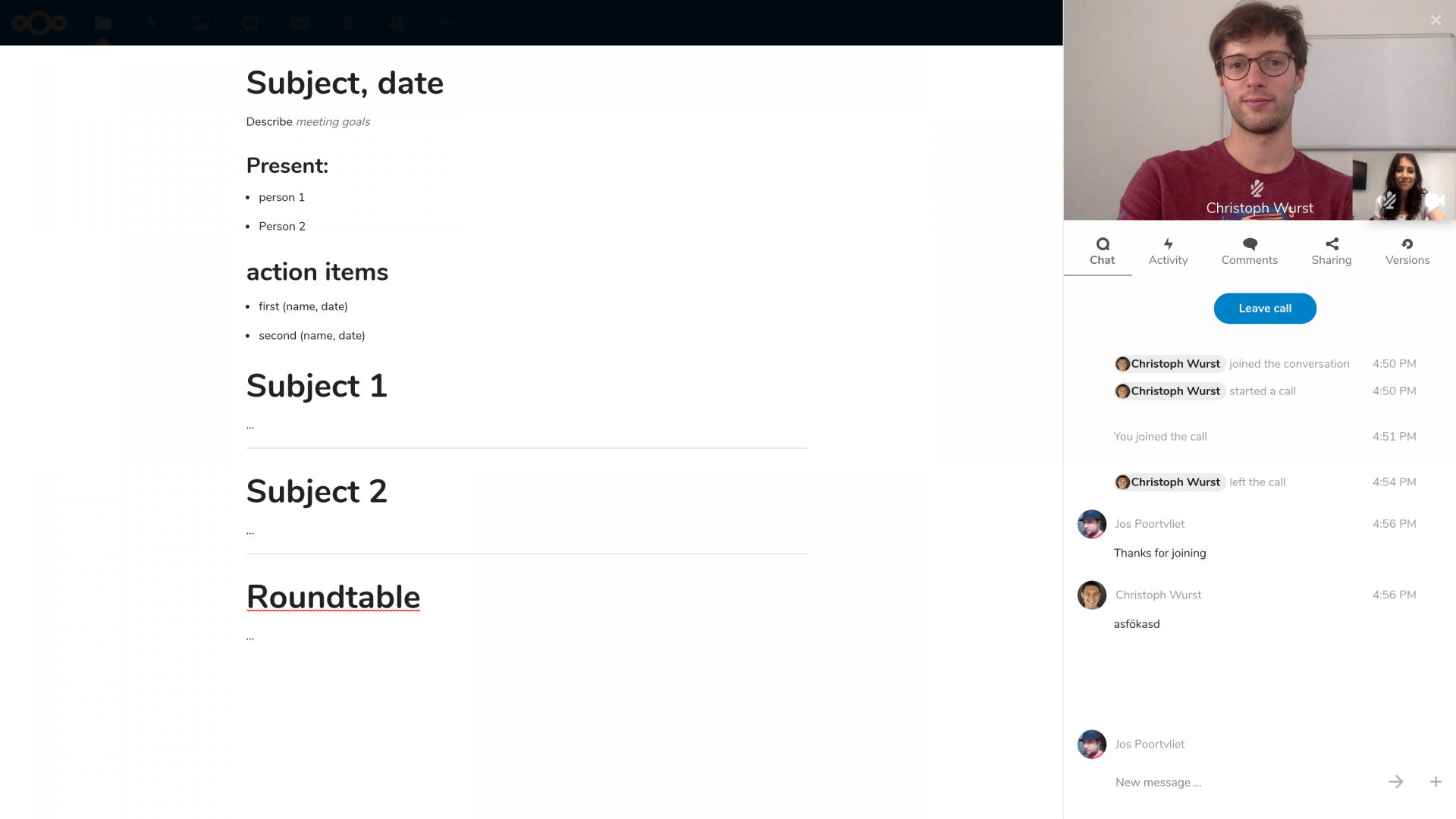A powerful online table generator and editor that converts between csv, html and markdown. Easy to convert html tables to sql, json, xml, excel, latex tables and text, making the table easier to use. What is Markdown? Markdown is a way to style text on the web. You control the display of the document; formatting words as bold or italic, adding images, and creating lists are just a few of the things we can do with Markdown. Mostly, Markdown is just regular text with a few non-alphabetic characters thrown in, like # or. # Markdown Editor. Dillinger is an online cloud based HTML5 filled Markdown Editor. Sync with Dropbox, Github, Google Drive or OneDrive. Convert HTML to Markdown. 100% Open Source!
Write Better Product Documentation
Unified docs bring companies together

Businesses save time with Docsie by simplifying their product documentation workflow and reducing reliance on multiple documentation tools.

Customized Documentation Hubs
Read Markdown Online
Use Docsie Manager to easily create and publish custom product documentation hubs that mirror your brands look and feel.
You are in good company
Trusted by over 5000 business and technology users. 😎
1000+ business documentation portals published. 📝
Here is what people are saying:
Docsie is very intuitive for the whole team to grasp quickly. My team uses it as the primary documentation management platform now.
Learn More
Their platform is straightforward to use, and they have fantastic customer service whenever I need help!
Learn More
Docsie helped me reduce repetitive work required to create and maintain multiple versioned docs.
Learn More
Improve the quality of your product documentation

The ultimate training manual template guide in 2020
Learn More
Let's write better documentation together
This notice will disappear by itself.
What is Markdown?
It’s a plain text format for writing structured documents, based on formatting conventions from email and usenet.
Who created Markdown?
It was developed in 2004 by John Gruber in collaboration with Aaron Swartz. Gruber wrote the first markdown-to-html converter in Perl, and it soon became widely used in websites. By 2014 there were dozens of implementations in many languages.
Why is CommonMark needed?
John Gruber’s canonical description of Markdown’s syntax does not specify the syntax unambiguously.
In the absence of a spec, early implementers consulted the original Markdown.pl code to resolve these ambiguities. But Markdown.pl was quite buggy, and gave manifestly bad results in many cases, so it was not a satisfactory replacement for a spec. Markdown.pl was last updated December 17th, 2004.
Because there is no unambiguous spec, implementations have diverged considerably over the last 10 years. As a result, users are often surprised to find that a document that renders one way on one system (say, a GitHub wiki) renders differently on another (say, converting to docbook using Pandoc). To make matters worse, because nothing in Markdown counts as a “syntax error,” the divergence often isn’t discovered right away.
There’s no standard test suite for Markdown; MDTest is the closest thing we have. The only way to resolve Markdown ambiguities and inconsistencies is Babelmark, which compares the output of 20+ implementations of Markdown against each other to see if a consensus emerges.
We propose a standard, unambiguous syntax specification for Markdown, along with a suite of comprehensive tests to validate Markdown implementations against this specification. We believe this is necessary, even essential, for the future of Markdown.
That’s what we call CommonMark.
Who are you?
We’re a group of Markdown fans who either work at companies with industrial scale deployments of Markdown, have written Markdown parsers, have extensive experience supporting Markdown with end users – or all of the above.
- John MacFarlane, jgm@berkeley.edu
- David Greenspan
- Vicent Marti, vicent@github.com
- Neil Williams, neil@reddit.com
- Benjamin Dumke-von der Ehe
- Jeff Atwood, jatwood@codinghorror.com
How can I help?
Exercise our reference implementations, or find a community implementation in your preferred environment or language. Provide feedback!
If a CommonMark implementation does not already exist in your preferred environment or language, try implementing your own CommonMark parser. One of our major goals is to strongly specify Markdown, and to eliminate the many old inconsistencies and ambiguities that made using Markdown so difficult. Did we succeed?
Where can I find it?
spec.commonmark.org
The CommonMark specification.
code.commonmark.org
Reference implementation and validation test suite on GitHub.
talk.commonmark.org
Public discussion area and mailing list via Discourse.
commonmark.org/help
Quick reference card and interactive tutorial for learning Markdown.
spec.commonmark.org/dingus/
Live testing tool powered by the reference implementation.
Markdown Online Writer
When is the spec final?
The current version of the CommonMark spec is quite robust after many years of public feedback.
There are currently CommonMark implementations for dozens of programming languages, and the following sites and projects have adopted CommonMark:
Markdown Online Edit
- Discourse
- GitHub
- GitLab
- Qt
- Stack Overflow / Stack Exchange
- Swift
